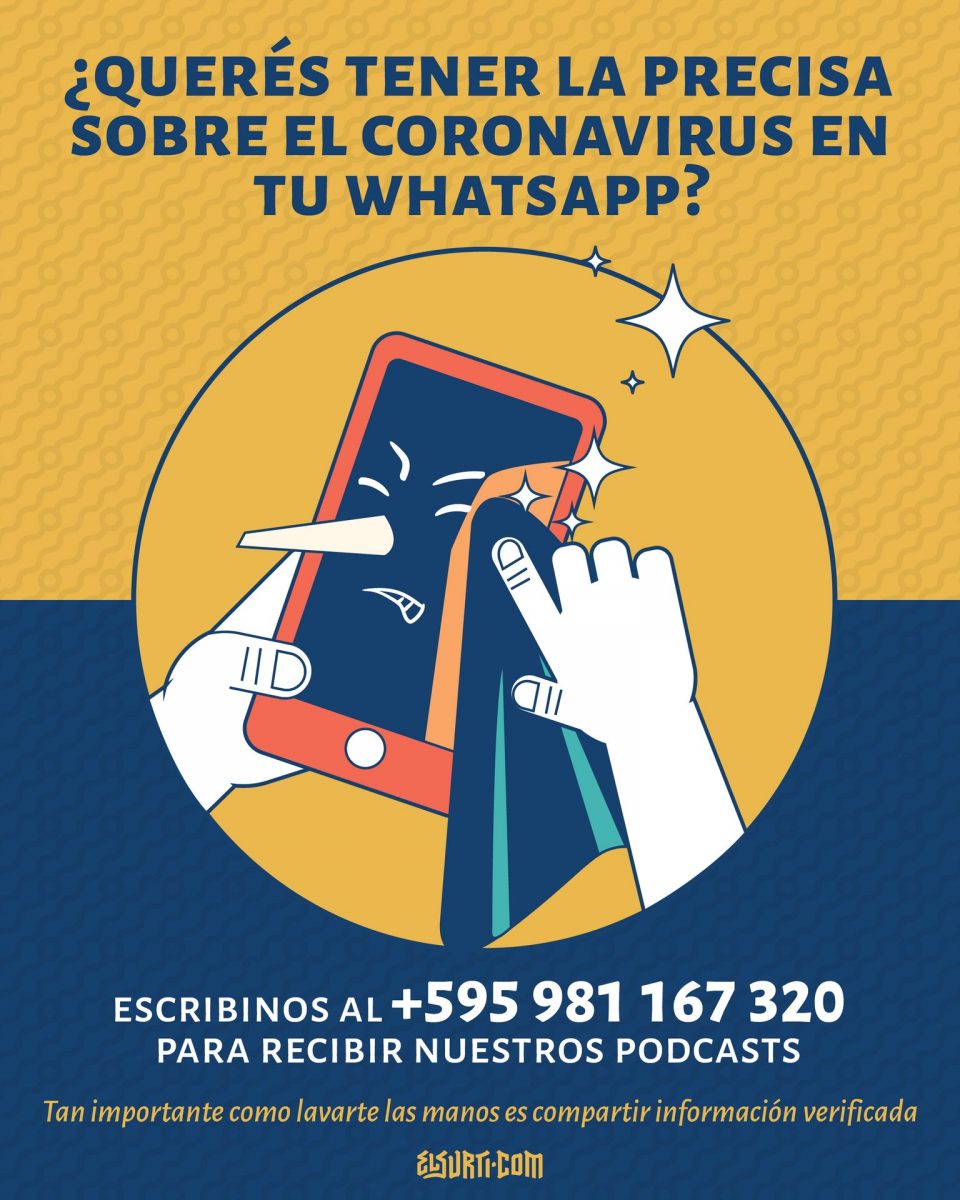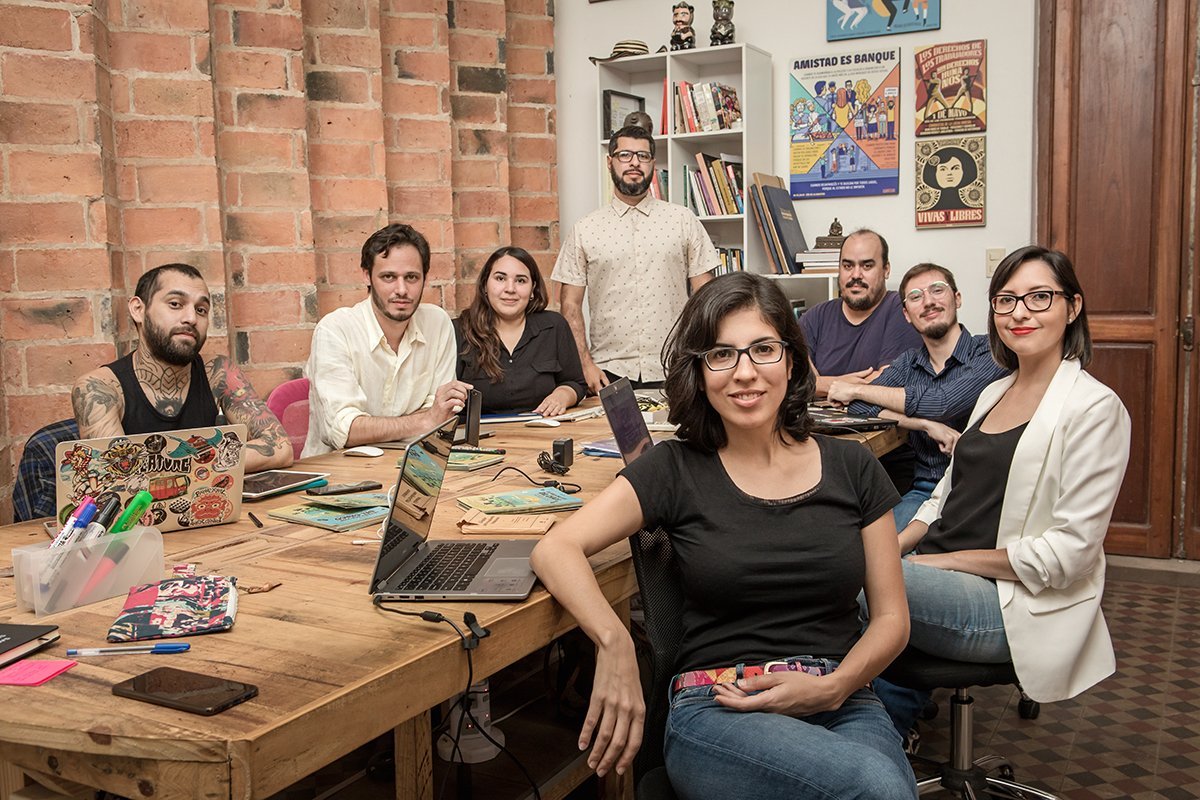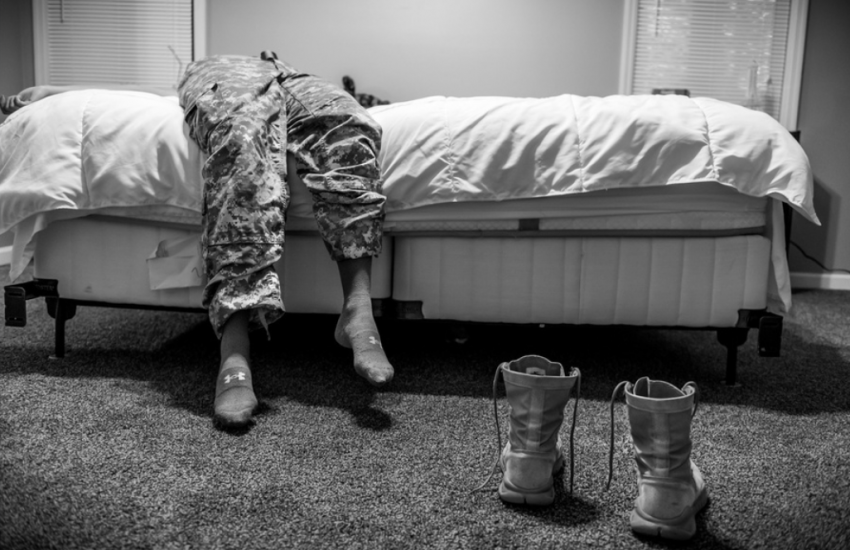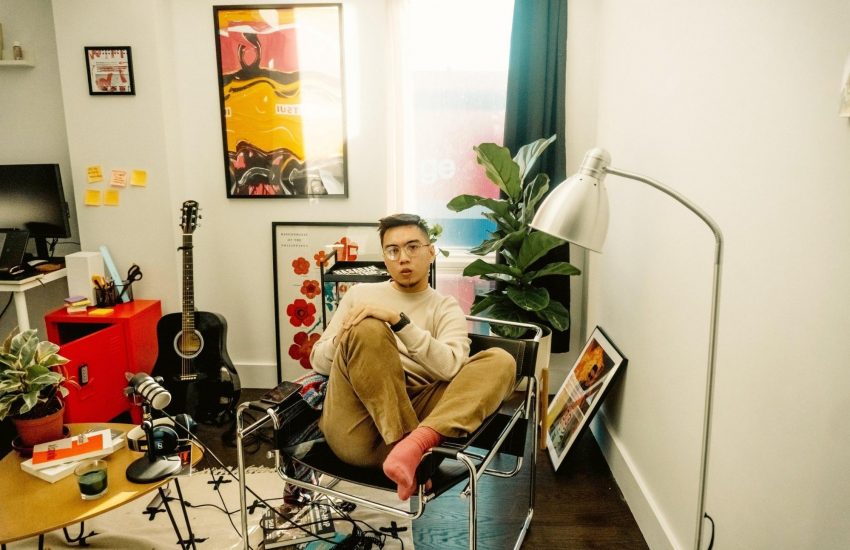How Paraguay’s El Surti is adapting to the age of Covid-19, boosting its fact-checking on Whatsapp and launching a new podcast
Four years ago, Paraguayan media outlet El Surtidor — known as El Surti — was created to address deep-seated issues of media accessibility and information inequality in the country. The digital-native media organization was built to serve a younger population with illustrations, vivid colors and infographics that synthesized and described the issues of the day while maximizing the impact and diversity of their coverage.
“We wanted to keep informed Paraguay’s under-than-30 population that was being left out,” says co-founder Alejandro Valdez. “In that battle for attention, our team directed efforts to visuals.”
El Surti adhered to that same philosophy when they started covering the biggest public health story of the decade – the Covid-19 pandemic.
“Once the pandemic started, we asked ourselves how we were going to serve our audience,” says Valdez. “Stories started to be a matter of life and death.” In response, El Surti started a podcast and ramped up their fact-checking work on Whatsapp.
Storybench spoke with Valdez about the newsroom’s experience covering Covid-19 and the service approach they take towards their audience. The conversation has been translated and condensed for clarity.
How was El Surti’s transition to work-at-home?
The transition was tough but very stimulating. Once the state of emergency was declared, our team of 12 people noticed how important the issue was and started asking what we were going to do to serve our audience. Before the pandemic, we covered science stories, gender issues or discussed things like why the earth isn’t flat, but now we were trying to answer questions about what to do if someone has coronavirus. We needed to tell our audience if they could go out, if they should go to work, if it was ok their salary was reduced, and what to do if they felt that was unfair.
We enabled our Whatsapp list for people to send us fake news they had read or heard. The first week there were around 10,000 fake news stories [worldwide] around the pandemic, so we tried to assess that problem using this service. We felt useful doing that.
What was the major challenge at the beginning?
Since day one, storytelling forms changed, working schedules changed, and how we were using our tools changed. We started deepening our reflection exercise and wondering what our audience needed. Adapting fast was key in that moment, and flexibility was needed in order to continue.
The major challenge was to take care of ourselves, physically and mentally … We did the marathon-like job of renovating our web page in three weeks because we needed to make it more user-friendly and separated it in sections. We did this with a web developer that recently joined the team. It was exciting, but when we were done we realized we needed a complete break from work. We were functioning as batteries: working, resting for a little bit and continuing at a fast pace without sleeping enough.
Even though we needed to work harder, we realized we needed to rest too so we could continue.

What have you learned so far?
There are so many lessons learned from a journalistic perspective. First, we realized how important health journalism is. There are a few media outlets with focus on health around Latin America, but I believe now it’s essential for all journalists to understand medical and scientific language. We have also realized that it is easy to fall into using unnecessary language that some governments have created. The metaphors governments use are very powerful and tempting, but at the end of the day it immobilizes people through fear. That’s why we started fact-checking news and even made a brand new podcast to check facts and answer questions with further details.
Tell me more about how the podcast was born.
Our podcast “La Precisa” was an answer to the pandemic. “La Precisa” (Spanish for the precise) is the name of our fact-checking section of El Surti. There, we verify the information and discourses that have the power of influencing public opinion. We launched a podcast just to check facts around the pandemic, with topics like the costs of ventilators, what it’s like to have a baby during the pandemic, and more things people were sharing through Whatsapp.
In the first week, we realized we were making a mistake with the visuals for the podcast. The illustrations we were using were quite cold. We changed that and now each episode is accompanied by illustrations that show people washing their hands and using mouth coverings. We constantly want to tell our audience to take care and to be responsible.
How your Whatsapp list helped you with the podcast about fact-checking?
We have had a Whatsapp list for two years now, and it’s our most important media channel so far. It’s also the most intimate channel, where we have had experiences co-creating stories with our audience for our content and El Surti’s narrative podcast.
For the pandemic, we enabled our Whatsapp list for users to send news, video, images or audio they received over Whatsapp [about Covid-19]. It became our principal source for our weekly podcast about fact-checking coronavirus news. For example, there were many young people asking if they should drink [disinfectant] to combat the disease. They started telling us they needed to check those things in order to share it with their grandmothers, aunts and family groups. The best compliments we received are the thank you messages, and people saying their relatives weren’t sharing fake news as before. This was a chance to educate our audience, even educate ourselves as journalists. In that sense, we are doing an important part.
How did you prepare your reporters for the uncomfortable interviews you have made so far?
We are kind of used to touching sensitive subjects around inequality. In Paraguay, the pandemic has brought a lot of unemployment and hunger, more than just stories about death rates and collective transmission. What we are trying to do is give voice to people that are not used to receiving plenty of coverage but have something meaningful to say. We are telling stories from personal perspectives; that’s the focus of our coverage. For example, we are writing a lot about the stigmas created against people coming from abroad.
What advice can you share with a student pursuing journalism in these times?
This pandemic has taught all of us that we can’t plan everything long-term, but plan what we can do on a daily basis. The most important thing is to have our goals clear and be flexible in order to adapt to any emergency. I called this the methodology of learning: to grab the uncertainty and innovate, change and reflect. The process of innovation is important, especially for digital native media like us that need to survive financially.
Anything else you’d like to add?
This is a time to remark how important journalism was, is and always will be for society. Above all, we need to provide information that is useful for a community. Broadcast media has its role, but digital mediums like us, with the chance of reaching niche audiences, have to be very close to communities in order to serve their needs. We have to hear their voices; that’s an important tool for journalism. Being a good journalist means knowing how to listen.
- How Paraguay’s El Surti is adapting to the age of Covid-19, boosting its fact-checking on Whatsapp and launching a new podcast - May 20, 2020
- What the Covid-19 pandemic looks like through the lenses of 18 Latin American photographers - April 3, 2020
- The challenging — and delicious — adventures of producing the first America’s Test Kitchen podcast - February 13, 2020





